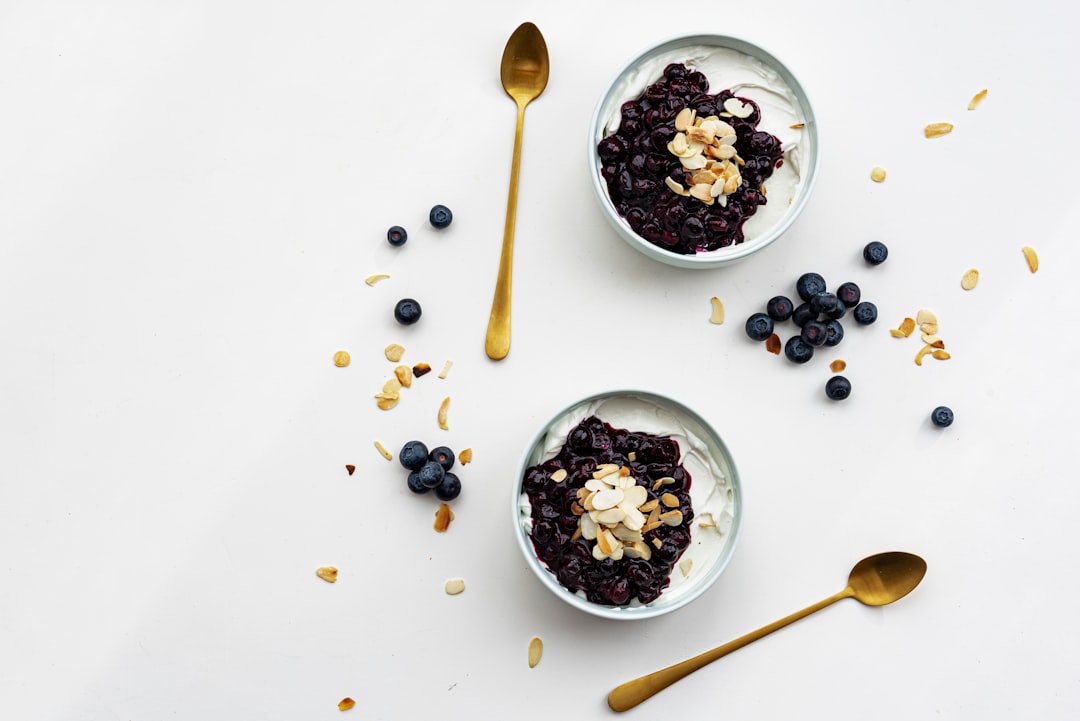
Scientific evidence is increasingly linking vitamin D to a reduced risk of cancer. Some of the world’s leading scientists are now saying we need to spend $2.5 Trillion for prevention and cure of cancer.
Does vitamin D really reduce the risk of cancer?
The correct answer to that question is an emphatic YES! More and more epidemiologists are recommending large doses of vitamin D because they cannot emphasize enough the benefits vitamin D brings to humans.
Several studies have found that vitamin D deficiency increases the risk of cancer. In the world as a whole, about 70 percent of males and about 40 percent of females have been found to be vitamin D deficient.
Even though vitamin D plays a very important role in immunity, cancer and several other diseases, it is only one of many nutrients that work to control the growth of cancer when it occurs. In fact, a vitamin D deficiency has been linked to at least 10% of the cases of cancer.
What are the 4 ways vitamin D reduces the risk of cancer?
1. It is very important to the immune system, as vitamin D is critical for the healthy functioning of the immune system. Deficiency of vitamin D may allow the immune system to break down, possibly enabling the cancer cells to gain the upper hand in fighting cancer.
2. Low levels of vitamin D have been associated with breast, colon and prostate cancer. One study discovered that women with breast cancer who were deficient in vitamin D had larger polyps than women with healthy levels. In another study, researchers discovered that vitamin D deficiency may be associated with an increased risk of colon and breast cancer.
3. Low levels of vitamin D have been associated with increased risk of childhood leukemia in children. Though vitamin D deficiency has not been detected as a separate cause to these two child diseases, researchers theorize that it may be indirectly linked.
4. Vitamin D deficiency has also been associated with heart disease, hypertension, stroke, diabetes, depression, autoimmune diseases and numerous other conditions.
How can vitamin D reduce the risk of cancer?
Although we have only four examples in this article, other epidemiologic studies have shown associations between vitamin D and cancer in populations of living people.
These studies have shown that vitamin D intake is associated with a reduced risk of breast cancer, colon cancer, prostate cancer, and numerous other types of cancers. This is not surprising since research has shown numerous beneficial effects of vitamin D on cancers other than breast and prostate cancer, such as:
Several studies have shown association between vitamin D and lung cancer, in part, as vitamin D can help cancer cells retain their lycopene, which is a proven cancer fighter.
What can happen if I take too much vitamin D?
Although it is true that sunlight is the best way to get vitamin D, it can also promote intoxication and lead to hypervitaminosis D. Although cases of hypervitaminosis D have been traced to the toxicity of diuretics, it is still not clear whether diuretics are the only cause or not.
Sun Exposure: Synthetic Vitamin D2 is used in the treatment of hypervitaminosis D. There are increased risks of lung infection and some kidney complications if a diuretic is used for too long. There are no known cases of overdose from natural vitamin D.
Overall
If you are healthy, you probably do not need to worry about a vitamin D overdose. Generally, an increase of vitamin D only leads to an increase in calcium absorption. However, this does not mean that you should run for the hills and experience Sedative Vitamins to avoid vitamin D. When your physician suggests that you take extra vitamin D for some reason, I strongly recommend that you take it for a few months to see how you feel. If you notice an increased level of bone loss, or if you develop infections, you should consult your doctor.
I personally do not worry too much about a vitamin D overdose. After all, vitamin D fortified foods and supplements are readily available. I take a supplemental plant source vitamin D called VTM D2 which contains 260 IU’s instead of the 800 IU’s most people are taking.



